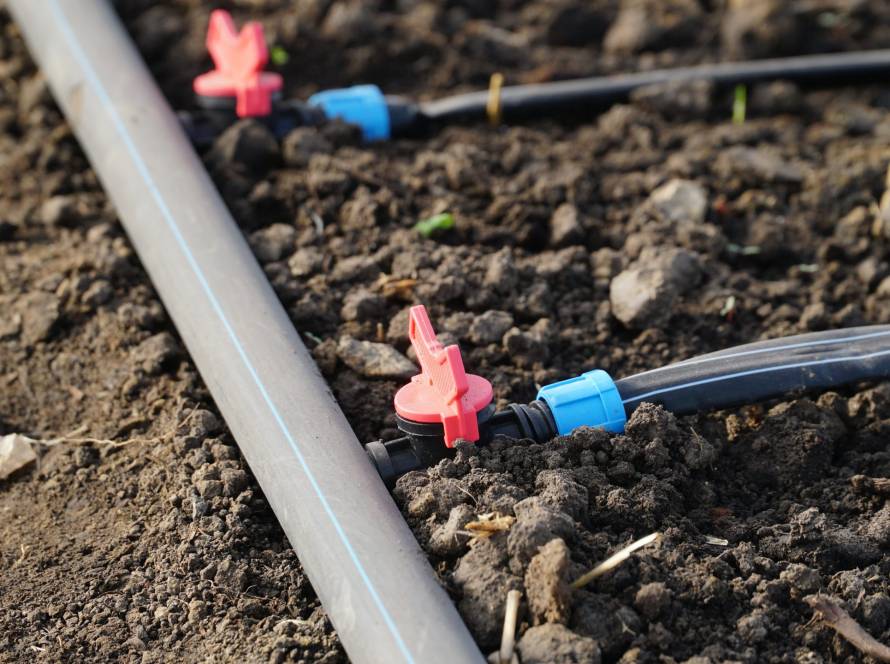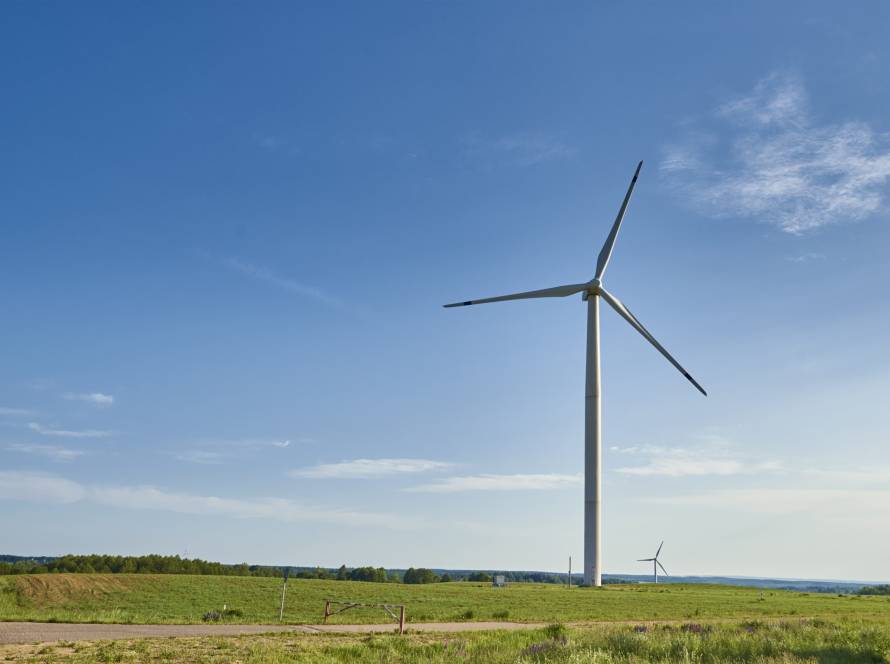One of the greatest challenges facing the agricultural sector today is the growing demand for food due to the rapidly increasing global population. However, this also necessitates finding ways to increase production without harming the environment or depleting resources. Sustainable production and climate-friendly agriculture offer an innovative approach to this issue. But what exactly is climate-friendly agriculture? How are advancements being made in this field, and what does the future hold? Let’s explore sustainable agricultural solutions and the vision for the future.
What is Climate-Friendly Agriculture?
Climate-friendly agriculture refers to farming systems that adopt environmentally harmonious practices, reduce carbon emissions, and protect biodiversity. Unlike conventional farming, this approach prioritizes the conservation of soil, water, and air quality, as well as energy efficiency and the sustainable use of natural resources. It aims to enhance soil fertility and minimize environmental impacts over the long term using methods that do not harm ecosystems.
This approach not only provides environmental benefits but also reduces costs for farmers and enhances food security. It is a key element in transitioning to a balanced and sustainable agricultural system for the future.
Sustainable Agricultural Practices
There are various methods and techniques to implement sustainable agriculture. Here are some of the key practices:
- Organic Farming: This involves farming without chemical fertilizers or pesticides, relying instead on natural methods. Organic farming preserves soil fertility, protects water resources, and helps maintain the natural integrity of products.
- Crop Rotation: Growing different crops in the same field at different times helps prevent soil exhaustion, controls pests, and maintains nutrient balance in the soil.
- Natural Fertilization: Using compost or animal manure instead of synthetic fertilizers enriches the soil while reducing environmental harm.
- Soil Conservation Techniques: Techniques that prevent erosion and retain soil moisture improve fertility. For example, surface coverings protect soil, maintaining natural balance in agricultural areas.
- Vertical Farming and Hydroponics: Especially useful for urban agriculture, these methods save water, require less space, and offer a sustainable and efficient farming model.
Advantages of Climate-Friendly Agriculture
Sustainable agricultural practices offer numerous benefits not only for the environment but also for societies and economies. Here are a few key advantages:
- Reducing Carbon Footprint: Using organic and natural fertilizers reduces carbon emissions, making a significant contribution to combating climate change.
- Preserving Soil and Water Quality: Unlike chemically intensive methods, sustainable practices do not leave harmful residues in the soil or pollute water sources.
- Boosting Local Economies: Sustainable farming supports small-scale farmers, maintaining their livelihoods and strengthening local economies.
- Ensuring Food Security: By offering safe and additive-free products, sustainable farming enhances consumer confidence in the food supply.
Future Vision for Agriculture: Technology and Climate-Friendly Solutions
The future of sustainable agriculture looks even brighter with technological advancements. These innovations allow for greater production with fewer resources. Here are some climate-friendly agricultural solutions we can expect to see in the future:
- Digital Farming Applications: Sensors, drones, and satellite data will enable farmers to monitor crop conditions in real time, optimizing irrigation and fertilization.
- AI-Assisted Planning: AI systems will analyze data such as weather patterns, soil composition, and moisture levels to ensure timely and effective interventions for maximum yield.
- Vertical and Urban Farming: In densely populated cities, vertical farming and hydroponics will allow for space-saving, sustainable urban food production, reducing environmental pollution.
- Water-Efficient Technologies: Technologies such as drip irrigation and precision irrigation systems will play a crucial role in conserving water in agriculture.
- Smart Fertilization and Pest Management Systems: Advanced systems will enhance productivity without harming the environment by applying the right amount of fertilizers and employing biological methods to control pests.
Building Public Awareness for Sustainable Agriculture
Achieving sustainability in agriculture requires not just the efforts of farmers but also the active participation of consumers. By choosing sustainably produced goods, consumers can contribute to reducing environmental impacts. Supporting local producers, shopping at organic markets, and opting for sustainable agricultural products can promote this transition.
Additionally, increasing awareness about sustainable agriculture through educational programs, seminars, and public campaigns can ensure that all segments of society play a part in creating a healthier environment and future.
In conclusion, climate-friendly agriculture and sustainable production play a critical role in addressing the major challenges of the future. Farmers and consumers alike can contribute to the development of an environmentally conscious agricultural system, paving the way for a sustainable tomorrow.





